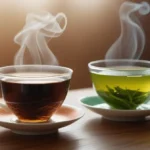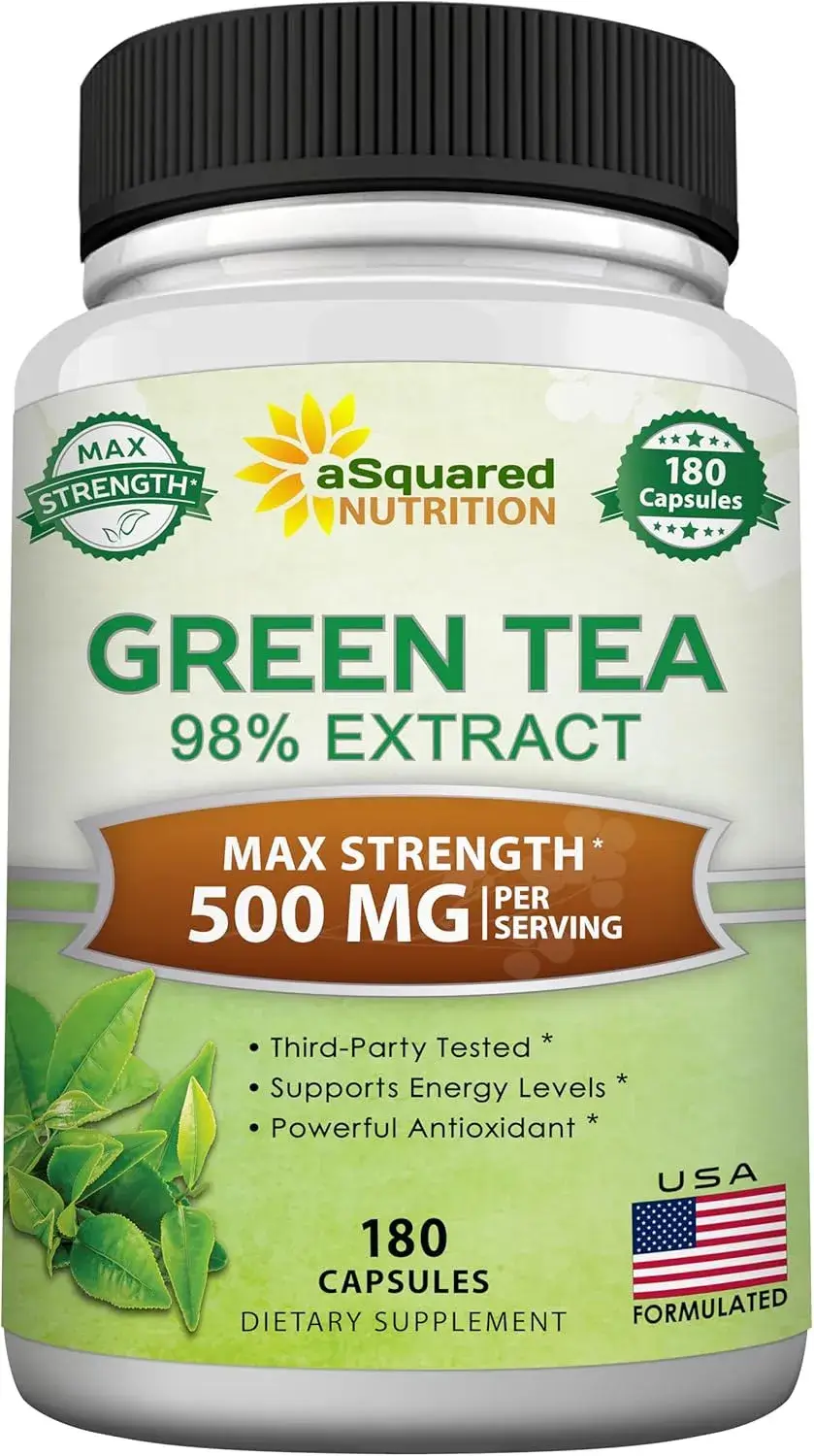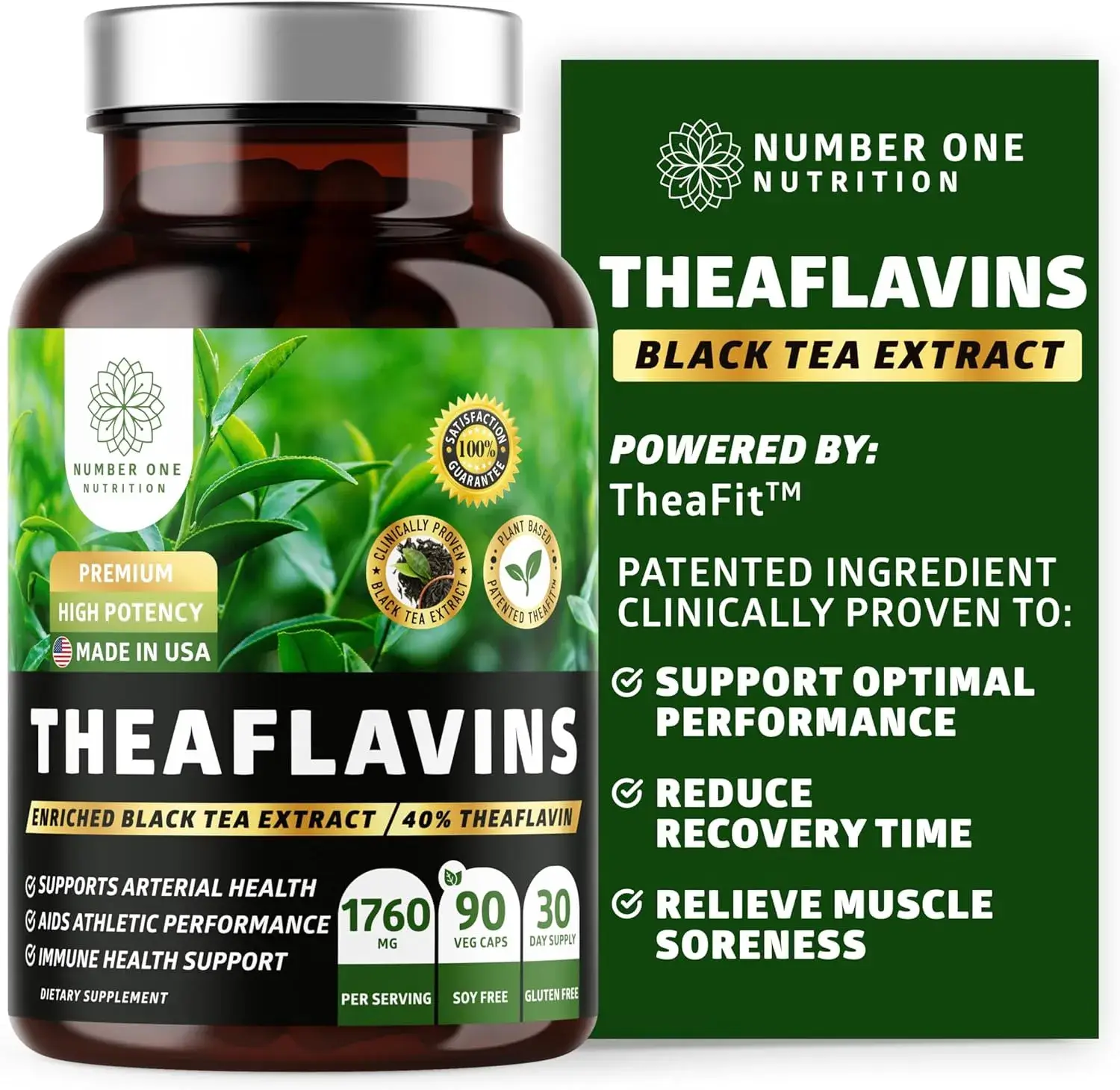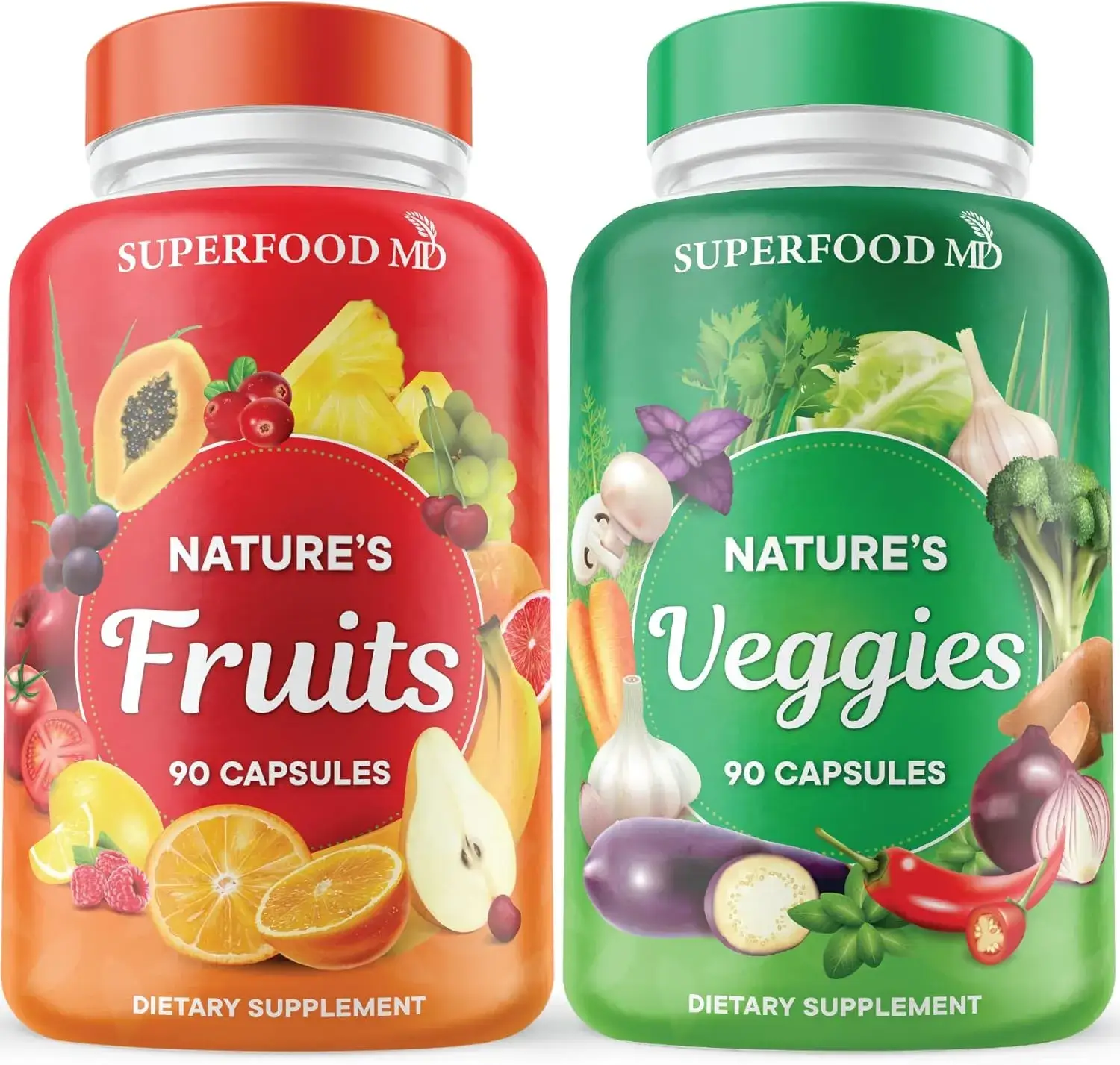Table of Contents
Dandelion tea has gained popularity for its unique flavor and potential health benefits. But does dandelion tea have caffeine? This article delves into the caffeine content of dandelion tea, explores how to make it, and discusses its health benefits.
Understanding Dandelion Tea: A Unique Herbal Pack for Wellness
Dandelion root tea
When it comes to herbal teas, dandelion root tea stands out as a unique and compelling choice for those seeking a naturally caffeine-free alternative with numerous health benefits. Unlike your typical morning brew, dandelion root tea offers a natural energy boost without the jittery aftermath of caffeine. This makes it an ideal option for anyone looking to maintain steady energy levels throughout the day. Additionally, dandelion tea is known for its role in supporting nutrition, especially for individuals managing conditions such as diabetes or heart health.
Herbal Tea Benefits: Why Dandelion Is a Great Choice
One of the most appealing aspects of dandelion root tea is its rich profile of nutrients and antioxidants. Known for supporting liver function, aiding digestion, and promoting blood circulation, this herbal powerhouse provides benefits that go beyond just quenching thirst. Regular consumption can help detoxify the body and promote overall wellness, making it an excellent addition to any health-conscious routine.
Natural Energy Boost
Moreover, the earthy flavor of dandelion root tea adds a comforting touch to your daily ritual, providing both warmth and nourishment in every sip. As more people seek natural ways to enhance their well-being, it’s no wonder that this remarkable beverage is gaining popularity among herbal enthusiasts worldwide. Dandelion has properties that make it a fantastic choice for individuals managing chronic conditions, including those focused on cancer prevention or care. Embrace the unique qualities of dandelion root tea and experience its myriad benefits firsthand—your body will thank you!
Caffeine Content in Dandelion Tea: Does It Have Caffeine?
Caffeine Free Tea Options
If you’re on the hunt for caffeine free tea options, dandelion tea might just be your perfect match. Many people wonder, “Does dandelion tea have caffeine?” The answer is a resounding no. Unlike traditional black or green teas, which naturally contain caffeine, dandelion tea is an herbal infusion made from the roots and leaves of the dandelion plant. As such, it joins the ranks of other herbal teas without caffeine.
Caffeine Content in Teas
This makes dandelion tea an excellent choice for those looking to reduce their caffeine intake while still enjoying a warm, soothing beverage. Whether you’re sensitive to caffeine or simply seeking a relaxing drink before bedtime, knowing that the caffeine content in teas like dandelion is non-existent can bring peace of mind. Embrace this herbal alternative and savor its earthy flavors without worrying about any jittery side effects.
Dandelion Root Properties
Dandelion root properties contribute to its growing popularity among health-conscious individuals seeking alternatives to caffeinated beverages. Known for its earthy flavor and potential health benefits, such as supporting liver function and aiding digestion, dandelion tea offers a soothing experience without the jitters associated with caffeine consumption.
👉 Embrace Natural Health with Dandelion Tea – Buy Now! 👈
How to Make Dandelion Tea Using Fresh Roots or Tea Bags

Making dandelion tea is a simple process that allows you to enjoy its unique flavor and potential health benefits. Here’s a step-by-step guide on how to make dandelion tea:
Ingredients
- Fresh dandelion leaves or roots (or dried dandelion tea, tea bags)
- Water
- Optional: honey, lemon, or other flavorings
Instructions
- Harvest or Purchase Dandelion: If you’re using fresh dandelion, ensure it’s from a clean, pesticide-free area. Alternatively, you can find dried dandelion tea or dandelion tea bags at health food stores.
- Prepare the Leaves or Roots: If using fresh dandelion, wash the leaves thoroughly to remove dirt. For roots, clean and chop them into smaller pieces.
- Boil Water: Bring a pot of water to a boil. Use about 1 cup of water for every tablespoon of dandelion leaves or roots.
- Steep the Dandelion: Add the dandelion leaves or roots to the boiling water. Reduce the heat and let it steep for about 5 to 10 minutes, depending on your taste preference.
- Strain and Serve: After steeping, strain the tea into a cup. You can add honey or lemon to enhance the flavor if desired.
- Enjoy: Sip your dandelion tea warm or chill it for a refreshing iced version.
Is Dandelion Tea Healthy? Explore Its Health Benefits
Now that we’ve established that does dandelion tea have caffeine and learned how to make it, let’s explore the health benefits of this herbal infusion.
1. Rich in Nutrients
Dandelion tea is packed with vitamins and minerals. It contains high levels of vitamin A, vitamin C, vitamin K, and several B vitamins. Additionally, it provides minerals like calcium, potassium, and iron. These nutrients are essential for maintaining overall health and well-being.
2. Supports Digestion
Dandelion tea is known for its potential digestive benefits. It contains compounds that may stimulate appetite and promote digestion by increasing bile production. Drinking dandelion tea after meals can help alleviate bloating and discomfort, making it a great digestive aid.
3. Acts as a Natural Diuretic

Dandelion tea is often used for its diuretic properties. It may help the body eliminate excess water and reduce bloating, which can be beneficial for those looking to manage weight or reduce water retention. The natural diuretic effect can also support kidney health by promoting the elimination of waste.
4. May Support Liver Function
Research suggests that dandelion may have protective effects on the liver. Dandelion tea is believed to help detoxify the liver, improving its overall function. Some studies indicate that dandelion extracts may enhance liver health by reducing inflammation and promoting the elimination of toxins.
5. Antioxidant Properties
Dandelion tea is rich in antioxidants, which help combat oxidative stress in the body. These antioxidants can protect cells from damage caused by free radicals, potentially reducing the risk of chronic diseases. Incorporating dandelion tea into your diet can be a delicious way to boost your antioxidant intake.
👉 Experience the Purity of Dandelion Tea – Click to Order! 👈
Potential Side Effects of Dandelion Tea
While dandelion tea is generally considered safe for most people, it’s essential to be aware of potential side effects. Some individuals may experience allergic reactions or digestive discomfort. If you’re pregnant, nursing, or taking medications, it’s best to consult a healthcare professional before incorporating dandelion tea into your routine.
How to Incorporate Dandelion Tea into Your Daily Routine for Maximum Benefit
Choose organic dandelion root products
Incorporating dandelion tea into your daily routine can be a simple yet transformative step towards enhancing your overall well-being. Start by selecting high-quality dried dandelions for tea making, ensuring you choose organic dandelion root products to maximize the health benefits. The key is to seamlessly integrate this herbal tea into your morning routine, setting a positive tone for the rest of your day.
Morning Routine with Herbal Teas
Begin each morning by brewing a fresh cup of dandelion tea. The ritual of preparing and sipping this earthy, nourishing beverage can become a moment of mindfulness amidst the hustle and bustle of daily life. Not only does it serve as a good caffeine-free alternative to coffee, but it also offers numerous health benefits, from supporting liver function to aiding digestion.
For those new to herbal teas, start with a mild blend and gradually increase the strength as you grow accustomed to its unique flavor profile. You might even experiment by adding natural sweeteners or complementary herbs like mint or ginger to enhance the taste.
By consistently incorporating dandelion tea into your morning routine, you’ll soon notice its rejuvenating effects on both body and mind. Embrace this simple yet powerful addition to your daily regimen and experience the profound benefits that come with making mindful choices about what you consume each day.
Conclusion: Embrace the Natural Power of Dandelions and Transform Your Health Today!
In summary, dandelion tea is caffeine-free, making it a good alternative for those looking to reduce their caffeine intake. With its numerous health benefits, including potential support for diabetes care, heart health, and cancer prevention, this herbal infusion can be a valuable addition to your wellness journey.
👉 Elevate Your Health – Experience the Magic of Dandelion Tea Now! 👈






![Jasmine Tea vs Green Tea Benefits: Which Gives Better Health Results? [2025] jasmine tea vs green tea benefits](https://www.goteaworld.com/wp-content/uploads/2025/09/jasmine-tea-vs-green-tea-benefits-150x150.webp)






